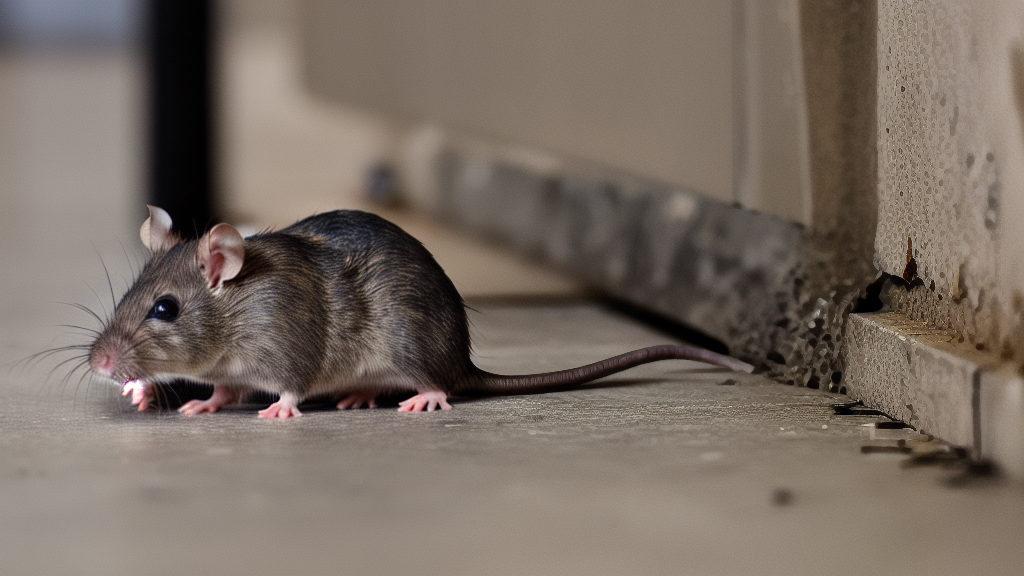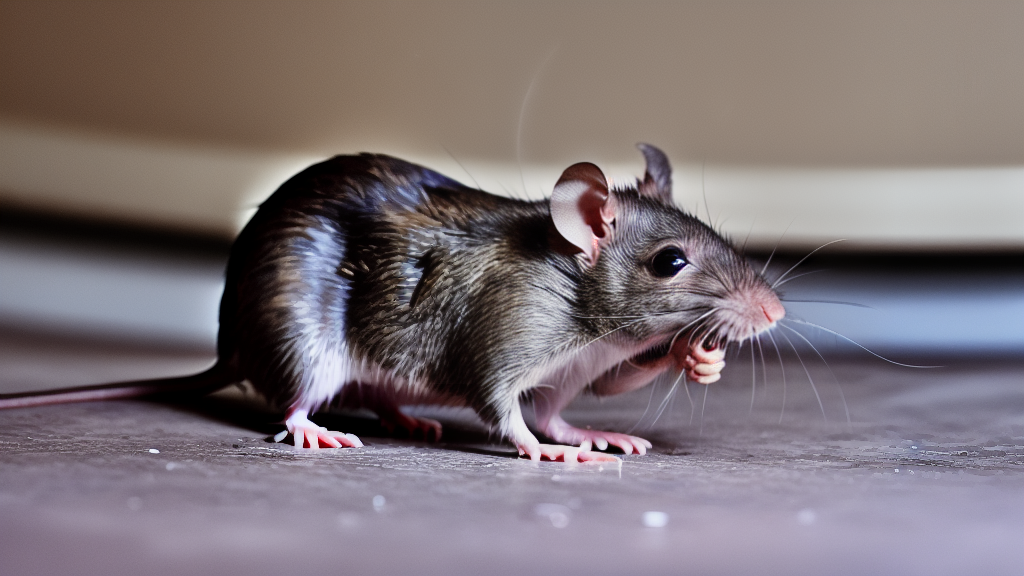Regarding household pests, rats top the list of the most unwelcome guests. Their presence is not just a nuisance but a serious health hazard, as they are known carriers of various diseases and can cause considerable property damage. Homeowners and business owners often ask, What is the best way to get rid of rats? The answer, however, is complex and depends on numerous factors, including the extent of the infestation, the environment, and the resources available.
First and foremost, understanding rat behavior is critical to effective control. Rats are highly adaptable creatures, capable of thriving in diverse environments. They seek food, water, and shelter, making human habitats ideal for survival. This adaptability also makes them challenging to control, necessitating a multifaceted approach.
The best strategy for getting rid of rats typically combines immediate removal with long-term preventive measures. Quick removal involves using traps, baits, and, in some cases, rodenticides in a safe and controlled manner. However, these methods only address the existing population and do not prevent future infestations. Long-term prevention is where accurate control lies. This involves sealing entry points, maintaining cleanliness to reduce food sources, and altering the environment to make it less appealing to these rodents.
In addition to physical control methods, natural deterrents can be effective. Rats, like many animals, are repelled by certain smells and substances. Incorporating these into your control strategy can reduce the likelihood of an infestation. However, these methods have limitations and are often more effective as a supplementary measure than a standalone solution.
Professional extermination services offer a more comprehensive approach, especially in severe infestations. These experts have access to various tools and techniques that are not readily available to the average homeowner. While the cost might be a consideration, their expertise and effectiveness often justify the investment.
Understanding Rat Behavior and Infestation
Rat Infestation: Recognizing a rat infestation is the first step in addressing the problem. Signs include droppings, gnaw marks, and unusual pet behavior. Understanding rat behavior, like their nocturnal nature and nesting habits, can aid in effective control measures.

Rat Exterminator: A Professional Approach
Hiring a professional rat exterminator is often the most reliable way to deal with an infestation. These experts have the knowledge, experience, and tools to assess the situation, identify the type of rats, and implement a targeted extermination strategy.

Rat Exterminator Cost
The cost of professional rat extermination varies based on the infestation’s severity, the property’s size, and the methods used. On average, homeowners might spend anywhere from $200 to $500 for a standard extermination process. This investment, however, often proves cost-effective in the long run, considering the potential damage and health risks posed by rats.
How to Get Rid of Rats Permanently and Fast
Permanent rat removal involves immediate removal techniques and long-term prevention strategies. Quick methods include traps and baits, while long-term solutions focus on sealing entry points and maintaining a clean, clutter-free environment.
Which Smell Do Rats Hate?
Certain strong smells like peppermint, citronella, and ammonia repel rats. These can be used as natural deterrents by soaking cotton balls in these oils or solutions and placing them where rats are likely to enter or nest.
What Kills Rats Naturally?
Natural methods to kill rats include using boric acid, diatomaceous earth, and wild rat poisons made from ingredients like baking soda. While these methods can be effective, they should be used cautiously, especially in homes with pets and children.
What Food Kills Rats?
Some foods, such as those mixed with poison, are designed to kill rats. For example, combining the plaster of Paris with a tempting food source can be lethal to rats. However, using such methods requires careful consideration of the potential risks to non-target animals and the environment.
What Food Are Rats Afraid Of?
Rats avoid foods like chili peppers and garlic due to their strong smell and taste. Incorporating these into your rat control strategy can be a part of a holistic approach to deterrence.
Prevention: Key to Long-Term Rat Control
Preventing rats from infesting in the first place is the most effective control method. This involves regular property maintenance, proper waste management, and eliminating potential food sources. Regular inspections and prompt action at the first sign of rats can save significant time and resources in the long run.
Conclusion
Effective rat control is a multifaceted approach that includes understanding rat behavior, using professional extermination services when necessary, and employing natural deterrents and preventive measures. Addressing a rat infestation promptly and thoroughly is critical to maintaining a healthy and safe environment.
If you are looking for Pest Control Services in Dhaka. Call Us Today
